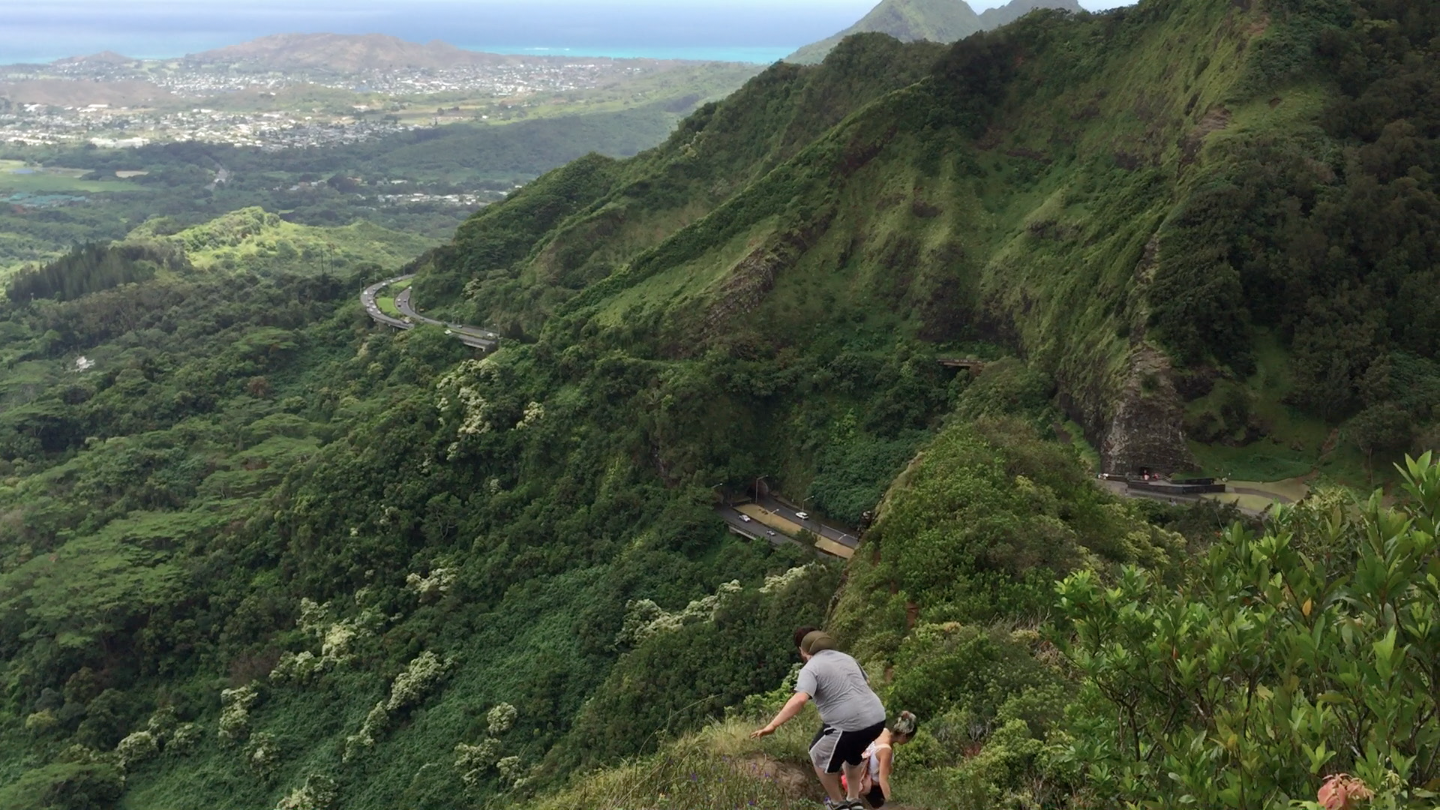As a filmmaker or photographer, if you’re working with different kinds of clients and talent, it’s important to understand the difference between commercial and editorial style work. You want to know the difference so that you can approach each kind of project differently in ways that are appropriate for the work.
How to Get Your Drone License
One growing part of the video production world is drone photography and videography. Whether you want to fly a drone for recreation, or for commercial purposes, it’s required that you register your drone. Additionally if you plan on flying commercially, you also need to get a drone pilot license. The registration and licensing processes are listed out on the Federal Aviation Association website (FAA), but it can be confusing if you’re new to the process. However, we made a simplified guide to help you out.
Camera Stabilization: Tripods, monopods, gimbals, and more
Whether you’re looking to place your camera on a stationary object like a tripod, or you’re looking to capture lot’s of dynamic movement with a stabilizer, there are things you should know to get the best quality out of your camera equipment. Each piece of equipment is a specialized tool designed for specific jobs. This means you want to know how to approach using each tool, so that you can pick the right ones for your next video shoot.
Working with Shadows: Outdoor Photography Part 2
If you’re a photographer, chances are you’re going to occasionally shoot in natural light. Some people love working in natural light, while others are frustrated by it. The trouble is, you don’t have full control so it’s difficult to make sure your subject is well lit. Despite these difficulties, outdoor and natural light photography can be really rewarding.
Working With the Sun: Outdoor Photography Part 1
If you’re a photographer or videographer, there are plenty of times when you need to shoot outside in natural lighting, especially if you’re shooting events and working with musicians, athletes, or other artists. If you’re used to working in a studio, or just growing as a photographer, it can be daunting to shoot outside. It’s frustrating to not have full control over the lighting, but we have some tips to help you adapt to using natural light.
Setting Up a Quality Studio Backdrop
If you’re working in film production, studio work can be just as valuable as location work. When you’re on location, it’s often important to adapt and find the best lighting and angles. However if you’re working in the studio, it’s crucial that you craft a quality studio backdrop and lighting setup to make the most out of the space you have.
Camera Settings Part 3: Shutter Speed
The shutter speed of a camera is how long your camera’s sensor is exposed to light from your surroundings. Camera’s have blinds, or “shutters” that block the light from going into the camera sensor. When you go to take a picture or a video, your camera’s shutter will open to let in light and capture that image.
Camera Settings Part 2: ISO
As we mentioned in part one of this blog, a key part to working in videography or photography is knowing your camera. Obviously there is a lot that goes into visual art and it’s important to pay attention to framing and subject matter, but before you start focusing on what to shoot with your camera, you want to know how to shoot with your camera.
Camera Settings Part 1: Aperture
A key part to working in videography or photography is knowing your camera. Obviously there is a lot that goes into it, and it’s also important to pay attention to framing and subject matter, but before you start focusing on what to shoot with your camera, you want to know how to shoot with your camera.
Studio Lighting: Tips for Lighting Up Your Subject
A crucial aspect of visual work, photography or videography, is getting the right lighting on your subject. Especially if you’re working in a studio, you should have full control over the look of your subject, because lighting can make a huge difference in transitioning your photos or footage from looking amateur, to looking professional.











